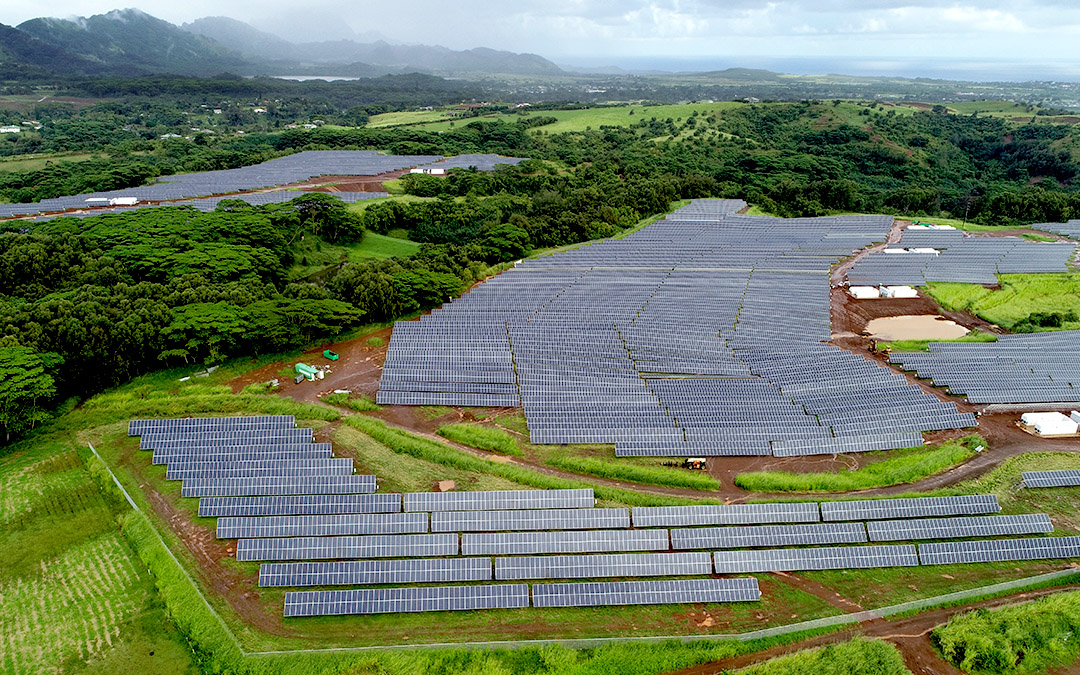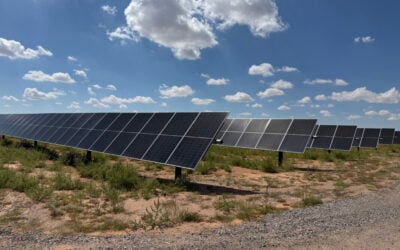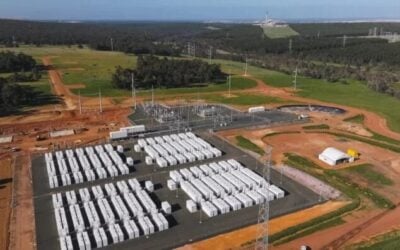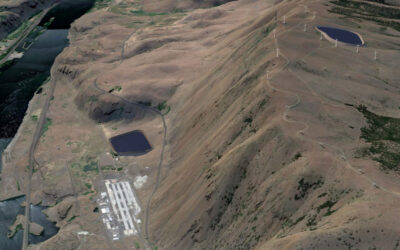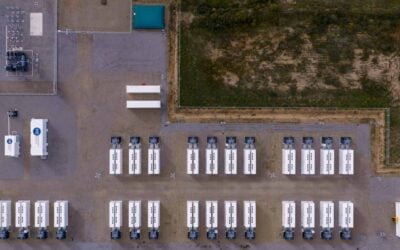
Many of the most polluting thermal power plants on the US grid today are also the most lucrative to run, but the service they provide could already be done twice as cheaply using solar and storage, developer 8minutenergy has claimed.
While focusing on specific US states that have a combination of a ‘stressed’ grid and rising penetration of solar energy, 8minutenergy CEO Tom Buttgenbach said that peaker plants – natural gas turbine power stations that fire up only in response to times of peak demand – have run their course, particularly in terms of new developments. Buttgenbach’s comments feature in the PV Tech POWER ‘Storage & Smart Power’ article ‘Peak time to take action’, recently published on this site too.
Daytime peak demand in California or Texas, for example, is covered to a greater extent by solar resources. The peak in demand which used to begin in the early afternoon and continue until around 9pm in those states, is now only about four hours long, from 5pm until 9pm.
“That means their utilisation has gone down, that means their cost goes up per megawatt hour and there are quite a lot of fixed costs like O&M and staff that have to be amortised over a shorter time. So their costs keep going up, our costs keep coming down with solar technology,” Buttgenbach said.
Try Premium for just $1
- Full premium access for the first month at only $1
- Converts to an annual rate after 30 days unless cancelled
- Cancel anytime during the trial period
Premium Benefits
- Expert industry analysis and interviews
- Digital access to PV Tech Power journal
- Exclusive event discounts
Or get the full Premium subscription right away
Or continue reading this article for free
“However, to fill that evening peak, we need storage. You start looking at the economics and power prices in that evening peak can be very high, just because these peakers, typically gas peakers, are now pushed into a shorter period to recover their fixed costs. So pricing levels can be well over US$100 per MWh and we can build a solar plant with a four hour battery to service that peak – we can build that somewhere in the US$50 to US$60 per MWh range.”
The PV Tech POWER feature article forms part of ‘Storage & Smart Power’, ESN’s own dedicated section of the quarterly solar industry journal. The article also looks at some notable examples of solar-plus-storage peaker plants already in operation as well as some of the big proposals in utility and developer pipelines.
“For over 100 years, power plant operators and grid planners have looked their ‘toolkit’ to build solutions that keep the lights on for everybody. It’s very true to say that solar-plus-storage is now clearly a resource that can be considered and it’s more and more included in that ‘toolkit’,” consultant Alex Morris of Strategen Consulting, who was also interviewed for the piece, said.
Read the full article on Energy-Storage.news’ Editor’s Blog here, download the full PDF version to keep from our ESN Resources page, or get the full Volume 18 of PV Tech POWER from our publisher Solar Media, here, free of charge (subscription details required).
